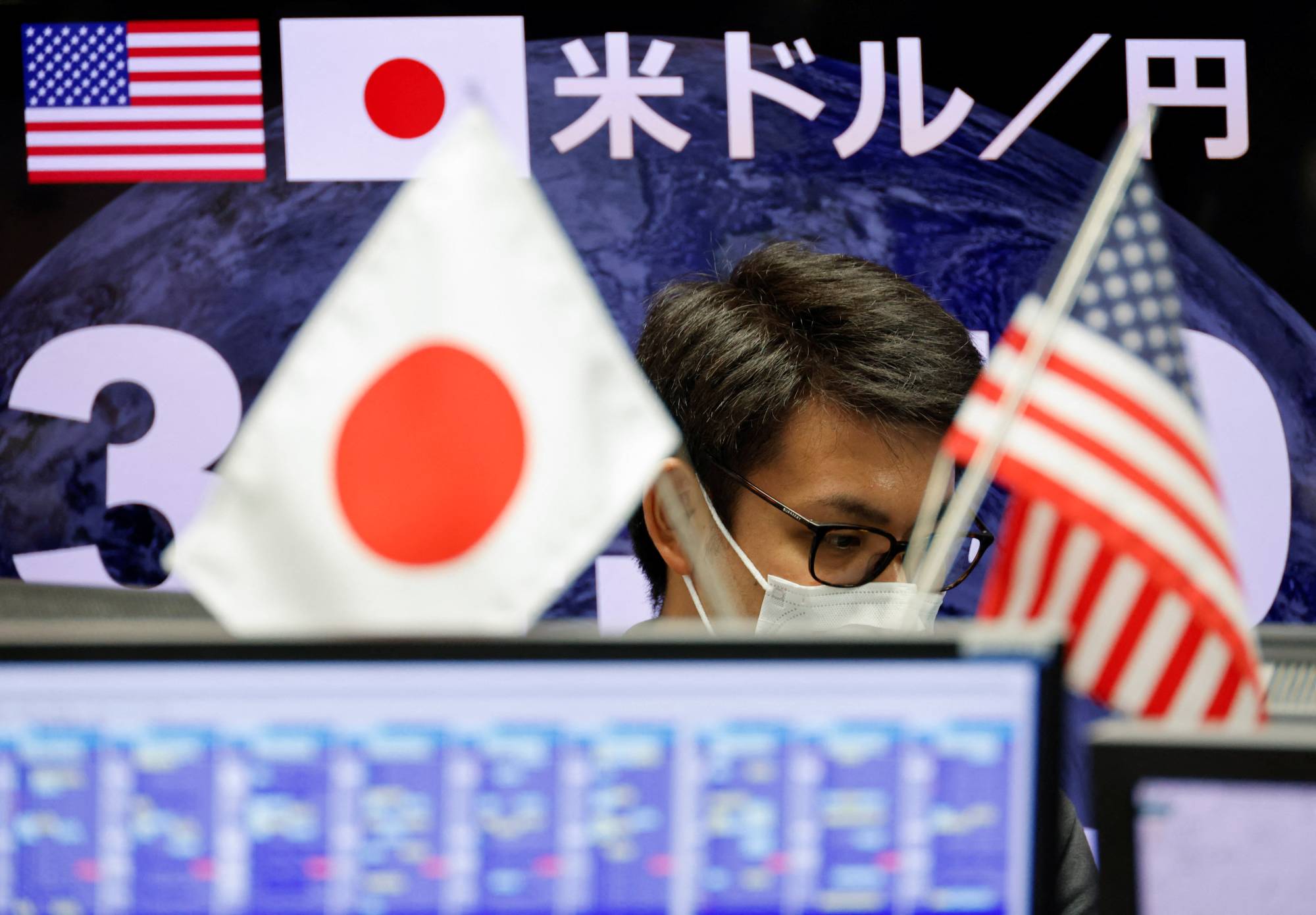The Bank of Japan left its dovish policy unchanged Friday, refusing to cave in to mounting pressure to act over the fast-falling yen and brushing off fresh speculation that it might follow other central banks in moves to fight inflation.
The BOJ, which ended its two-day policy meeting the same day, decided to stay the course on its aggressive easing program, which includes negative interest rates, so-called yield-curve control and asset purchases.
While many economists had predicted that the BOJ was unlikely to shift its policy this time, the U.S. Federal Reserve’s decision Wednesday to introduce a 0.75 percentage point rate hike — its largest since 1994 — as part of increased efforts to curb inflation had fueled speculation among some market observers that the BOJ might change course.


















With your current subscription plan you can comment on stories. However, before writing your first comment, please create a display name in the Profile section of your subscriber account page.